12 Genre-Blending TV Shows That Sound Like Chaos—but Totally Work
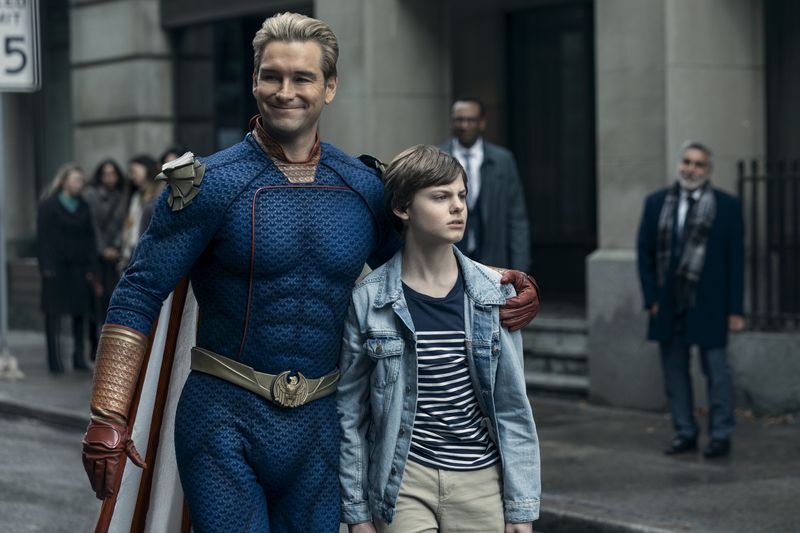
Television has always loved to mix things up, but some shows take that to a whole new level. When you combine sci-fi with horror, comedy with tragedy, or fantasy with crime drama, you might expect a messy disaster. Yet the best TV creators know how to blend wildly different genres into something fresh, exciting, and surprisingly cohesive that keeps audiences hooked episode after episode.
1. Sense8 (2015–2018)
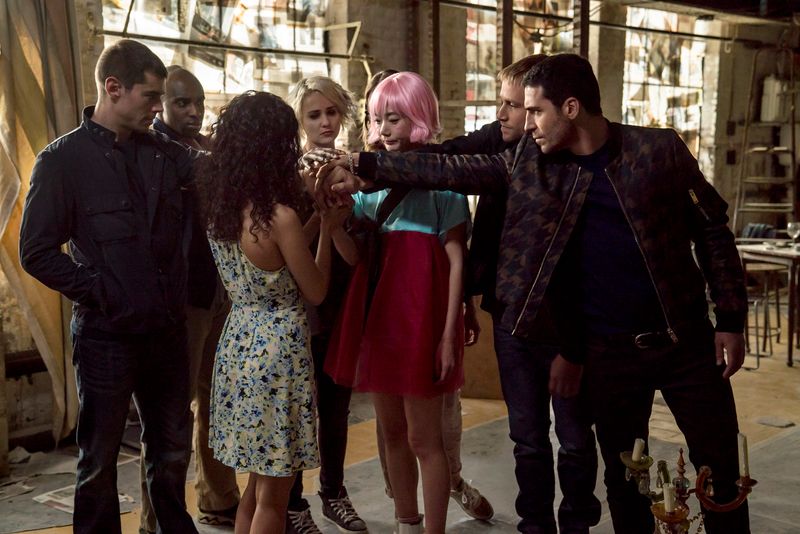
Eight strangers scattered across the globe suddenly find themselves mentally and emotionally linked in ways science cannot explain. Created by the Wachowskis, this ambitious series weaves together mind-bending sci-fi concepts with raw human emotion and spiritual mysticism.
Action sequences explode across continents while intimate character moments explore identity, love, and what it truly means to connect with others. The show refuses to pick just one lane, instead creating a tapestry where kung fu fights, LGBTQ+ romance, and philosophical questions about consciousness all coexist.
What could have been an overstuffed mess becomes a celebration of diversity and shared humanity that feels both epic and deeply personal.
2. Adventure Time (2010–2018)
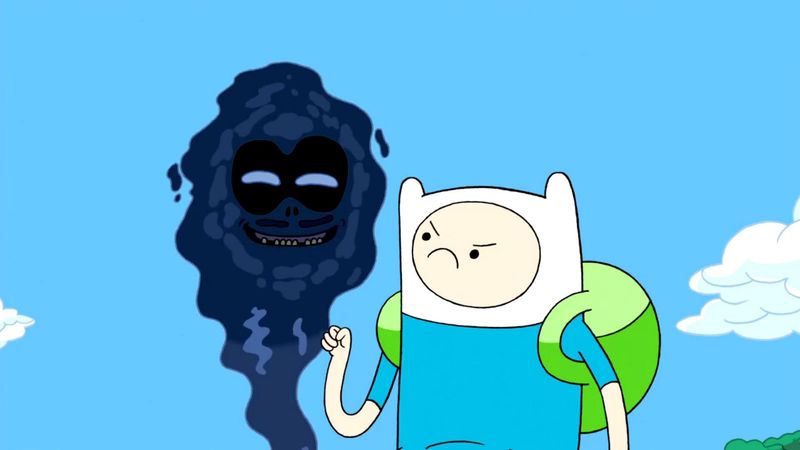
Finn the Human and Jake the Dog live in the Land of Ooo, a place that seems like pure silly fun at first glance. Beneath the candy-colored surface and wacky humor lies a surprisingly complex post-apocalyptic world with genuine emotional weight.
Episodes bounce from absurdist comedy to heartbreaking explorations of loss, loneliness, and growing up. The show earned its reputation by refusing to talk down to its young audience, tackling themes like mortality and existential dread alongside bubblegum princesses and singing demons.
By the final season, what started as random adventures had evolved into a profound meditation on life itself, proving cartoons can be both wildly imaginative and philosophically rich.
3. The Boys (2019– )
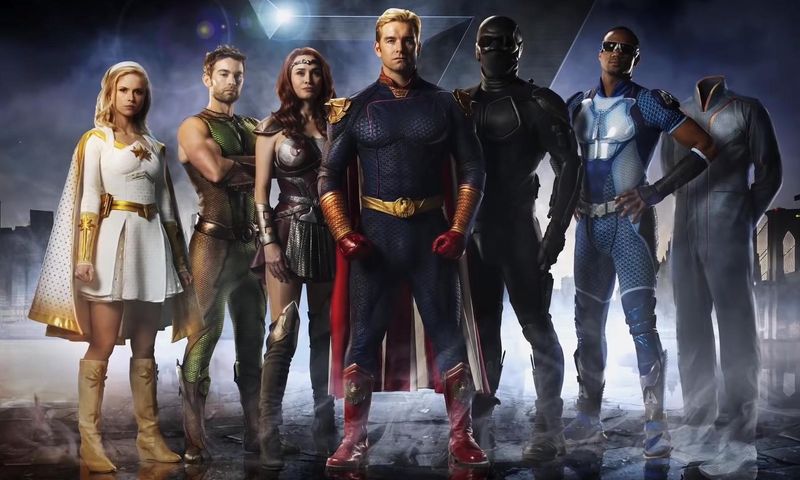
Superheroes are supposed to save the day, but what if they were actually corrupt, fame-hungry monsters? This brutal series rips apart every comfortable superhero trope with graphic violence, sharp political satire, and genuinely tragic human stories.
The show follows a group of ordinary people trying to expose the truth about these so-called heroes who are managed by a powerful corporation. Blood-soaked action sequences sit alongside biting commentary about celebrity culture, corporate greed, and American mythology.
It sounds like it should collapse under its own cynicism, yet the emotional core of flawed, desperate characters fighting impossible odds keeps everything grounded even when intestines are literally flying across the screen.
4. Lucifer (2016–2021)
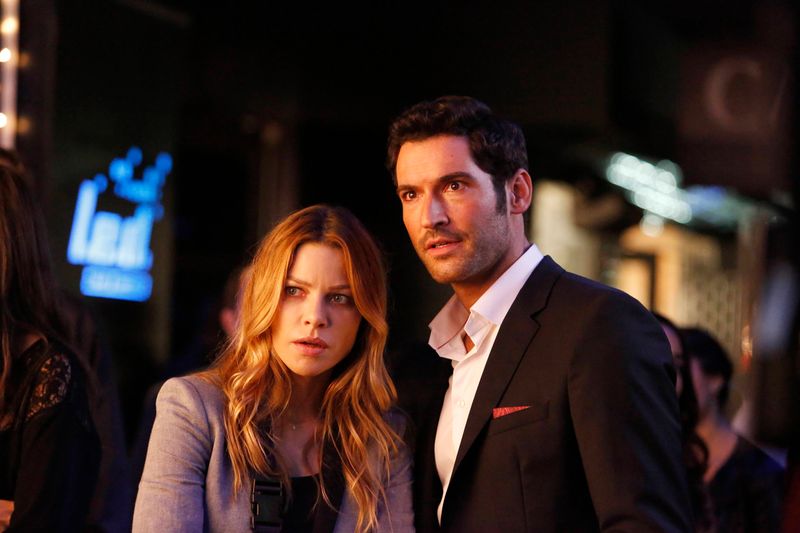
The Devil himself gets bored ruling Hell and decides to open a nightclub in Los Angeles, then somehow becomes a consultant for the LAPD. This wildly entertaining premise mixes crime procedural formulas with celestial mythology and surprising emotional depth.
Lucifer Morningstar charms his way through murder investigations while dealing with family drama involving angels, demons, and dear old Dad (aka God). The show balances witty banter and supernatural chaos with genuine character growth and themes of redemption.
Each episode delivers both a satisfying mystery and progress in Lucifer’s journey toward understanding humanity, love, and whether someone truly evil can change for the better.
5. Stranger Things (2016– )
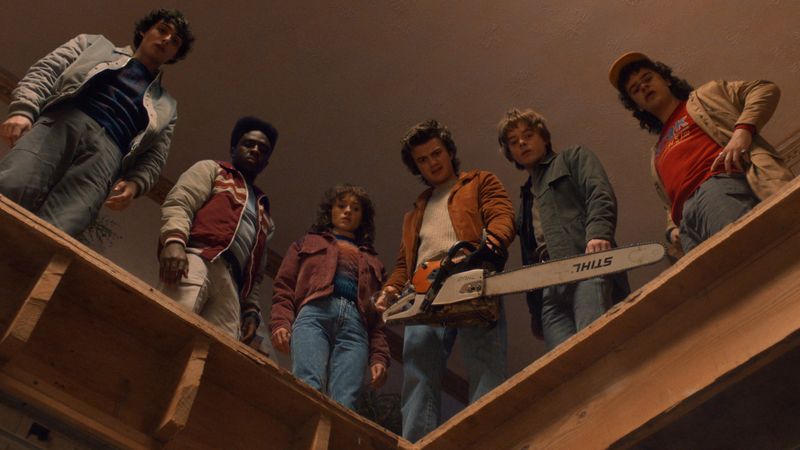
When a young boy vanishes in small-town Indiana, his friends discover their quiet community sits atop a gateway to a terrifying alternate dimension. The Duffer Brothers crafted a love letter to 1980s pop culture that skillfully merges sci-fi mystery, genuine horror, and heartfelt coming-of-age storytelling.
Kids on bikes battle interdimensional monsters while dealing with school bullies, first crushes, and family problems. The show captures both the innocence of childhood friendships and the very real terror of facing the unknown.
Nostalgia fuels the aesthetic, but strong characters and escalating stakes keep the story from feeling like empty retro pastiche, creating something both familiar and thrillingly original.
6. The Twilight Zone (1959–1964)
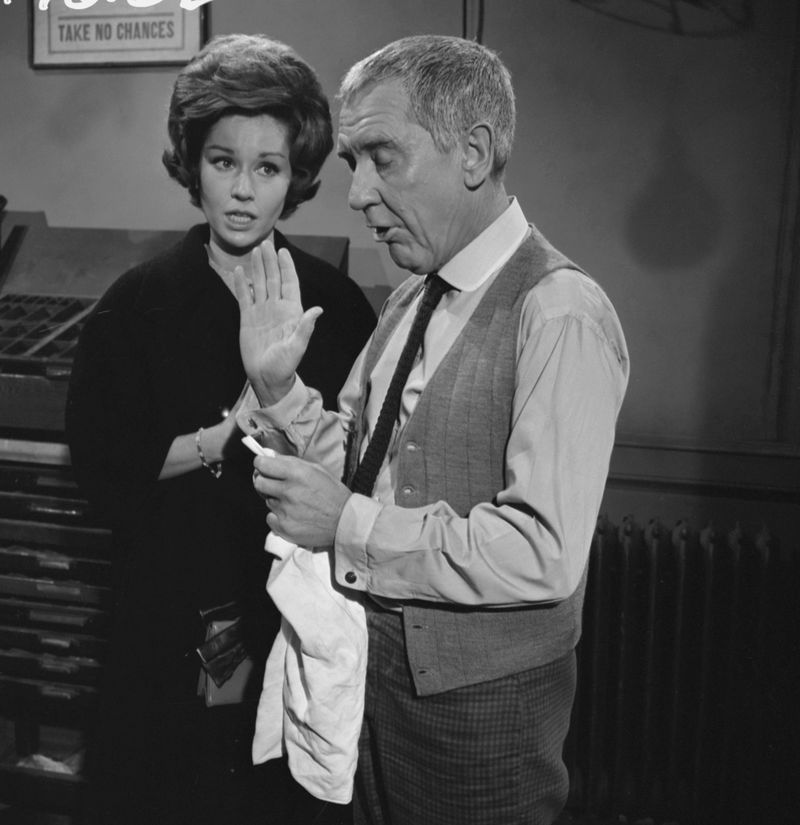
Rod Serling created the template every genre-blending show since has followed. Each standalone episode transported viewers to a dimension where science fiction, psychological horror, and sharp social commentary collided with twist endings that still influence storytelling today.
A man discovers everyone around him is an alien. A woman obsessed with beauty confronts what society really values. Ordinary situations spiral into extraordinary moral dilemmas that force viewers to question reality and human nature.
Decades before prestige television existed, Serling proved that genre entertainment could tackle racism, war, conformity, and technology with intelligence and imagination that never preached but always made you think long after the credits rolled.
7. Peep Show (2003–2015)
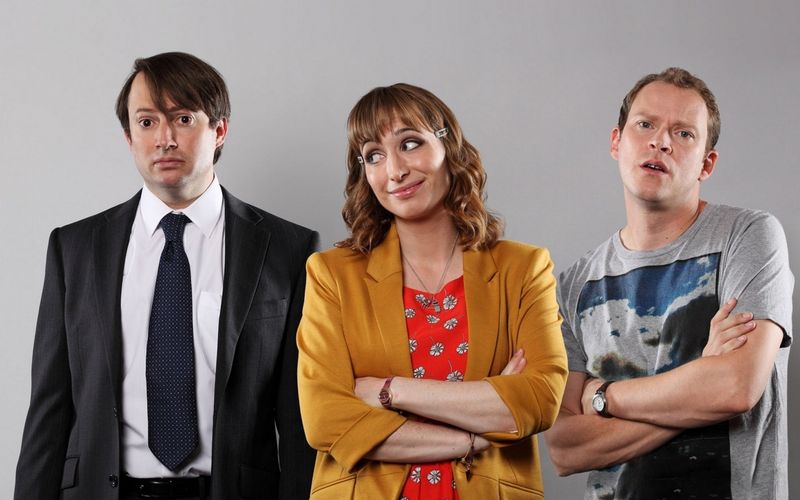
Mark and Jeremy are two spectacularly dysfunctional roommates whose every thought viewers can hear through innovative point-of-view cinematography. This British sitcom pioneers cringe comedy by literally putting you inside the minds of its neurotic, self-sabotaging characters.
You experience their social anxiety, terrible decisions, and desperate rationalizations in real-time as they stumble through careers, relationships, and basic human interaction. The psychological realism makes the humor both painfully relatable and brutally funny.
What starts as simple awkwardness evolves into a darkly honest examination of masculinity, friendship, and modern loneliness, proving that comedy can make you laugh and squirm simultaneously while revealing uncomfortable truths about human behavior.
8. Black Mirror (2011– )
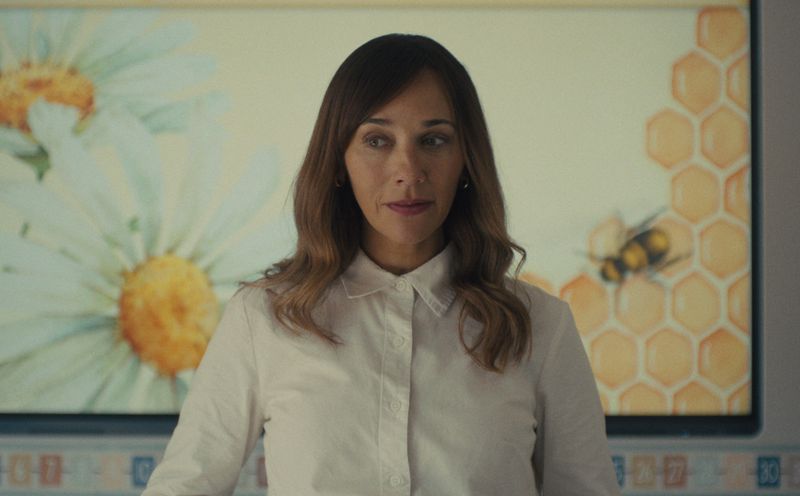
Charlie Brooker asks one simple question each episode: What happens when technology meets our worst impulses? This anthology series has become synonymous with tech paranoia, crafting speculative nightmares that feel uncomfortably close to reality.
Social media ratings determine your entire life. Consciousness can be copied and tortured digitally. Memory implants let you relive every moment—including the ones you wish you could forget.
The show functions as both gripping sci-fi drama and urgent social critique, exposing how our devices might be reshaping humanity in ways we barely understand. Each story works as entertainment but lingers as warning, making you reconsider that phone in your hand.
9. Twin Peaks (1990–1991)
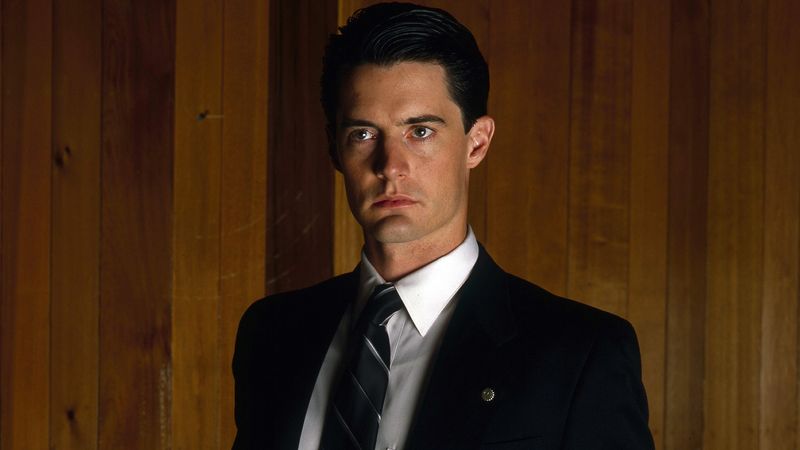
FBI Agent Dale Cooper arrives in a quirky Washington town to investigate the murder of homecoming queen Laura Palmer, but nothing is quite what it seems. David Lynch transformed a simple murder mystery into something far stranger, blending soap opera melodrama, supernatural horror, and surrealist nightmare logic.
Characters speak in riddles, dreams offer cryptic clues, and a malevolent presence lurks behind the town’s charming facade. The show refuses to follow conventional storytelling rules, creating an atmosphere where anything might happen and nothing requires rational explanation.
Twin Peaks changed television forever by proving audiences would embrace the weird, the unsettling, and the deeply artistic in their living rooms.
10. Barry (2018–2023)
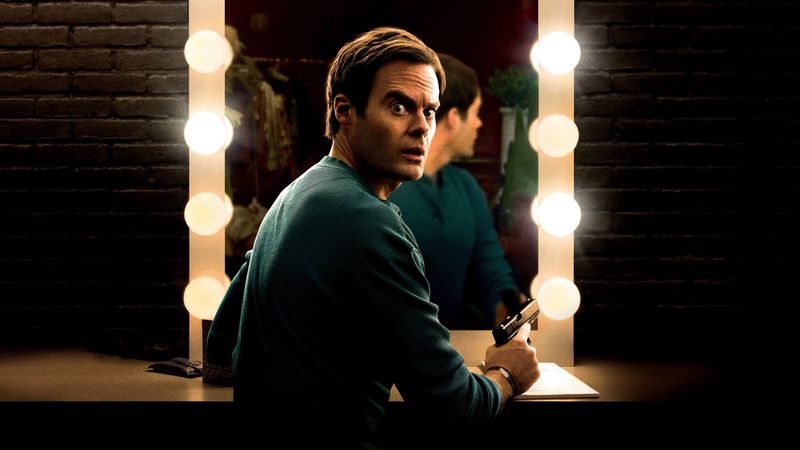
Barry Berkman is a depressed hitman who follows a target to Los Angeles and accidentally discovers a passion for acting. Created by and starring Bill Hader, this series expertly toggles between laugh-out-loud comedy and genuinely disturbing violence.
One moment Barry bumbles through scene work with aspiring actors; the next he is executing people with chilling efficiency. The tonal whiplash should break the show, but instead it creates a unique examination of identity, morality, and whether people can truly change.
As the seasons progress, the comedy darkens and the violence becomes more consequence-laden, building toward a tragic conclusion that refuses easy answers about redemption or forgiveness in a morally complicated world.
11. Fleabag (2016–2019)
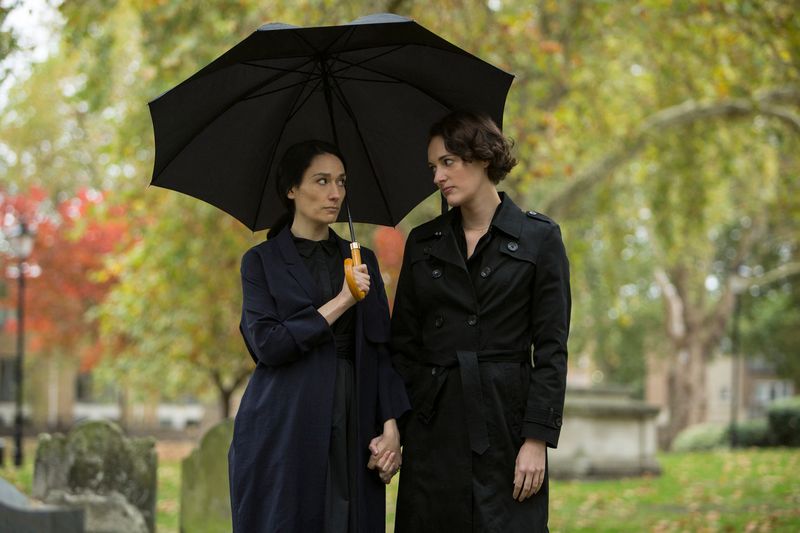
A nameless woman navigates grief, family dysfunction, and messy relationships while constantly breaking the fourth wall to share her unfiltered thoughts. Phoebe Waller-Bridge created something that feels like a stage play, a therapy session, and a brutally honest conversation with your funniest, most damaged friend.
The comedy is sharp and often shocking, but underneath flows genuine pain about loss, guilt, and self-destruction. When Fleabag meets a priest in season two, the show adds romance to its already potent mix of genres.
By inviting viewers directly into her interior world, the show creates an intimacy that makes every joke land harder and every emotional moment devastate more completely than traditional storytelling ever could.
12. Legion (2017–2019)
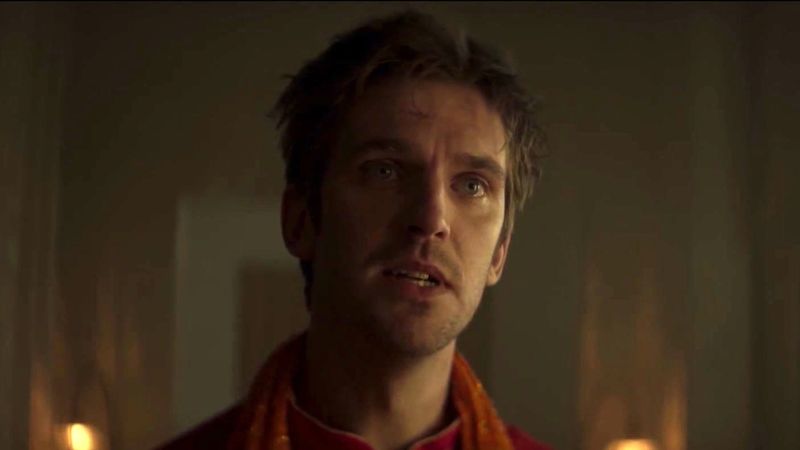
David Haller has been diagnosed with schizophrenia, but what if his symptoms are actually incredible mutant powers? Noah Hawley transforms a Marvel character into a visually stunning meditation on mental illness, identity, and the nature of reality itself.
The show looks like nothing else on television, employing experimental filmmaking techniques, dance sequences, and surreal imagery that puts viewers inside David’s fractured perception. Superhero action exists, but it is filtered through psychological horror and art-house sensibilities.
Legion challenges audiences to question everything they see, creating a disorienting experience that perfectly captures what it might feel like when you cannot trust your own mind or distinguish between power and madness.

Comments
Loading…